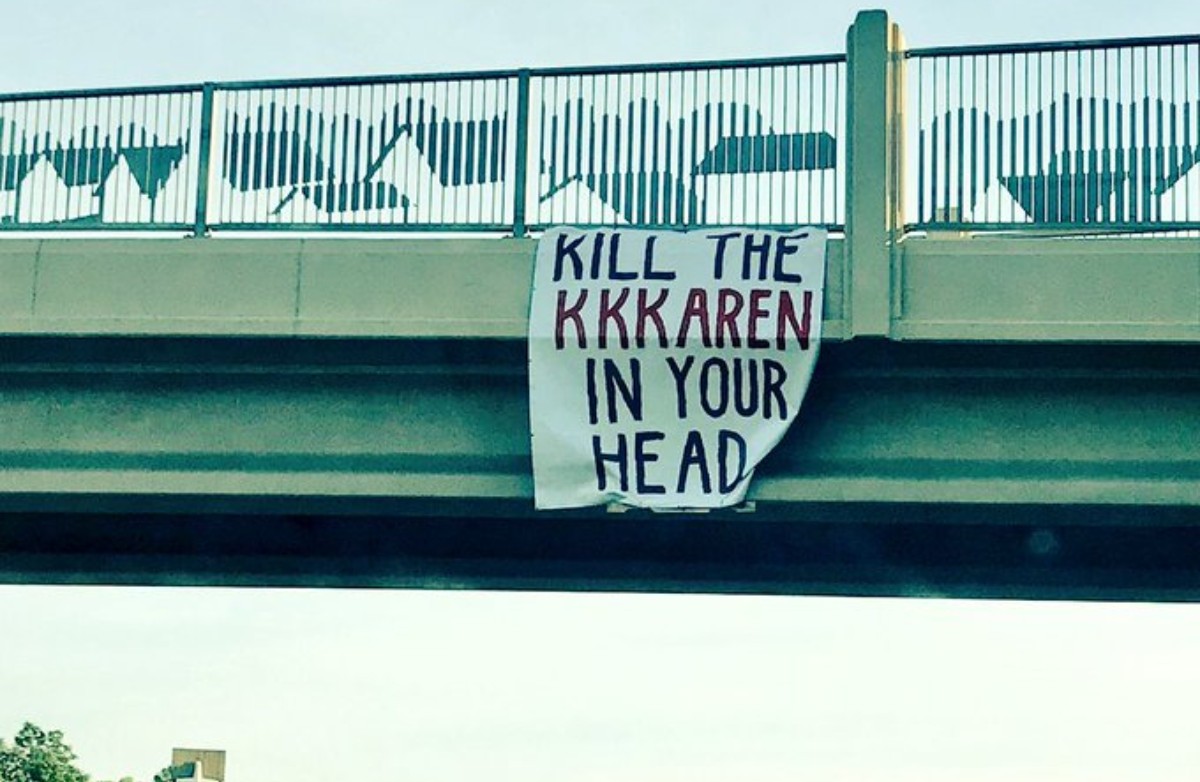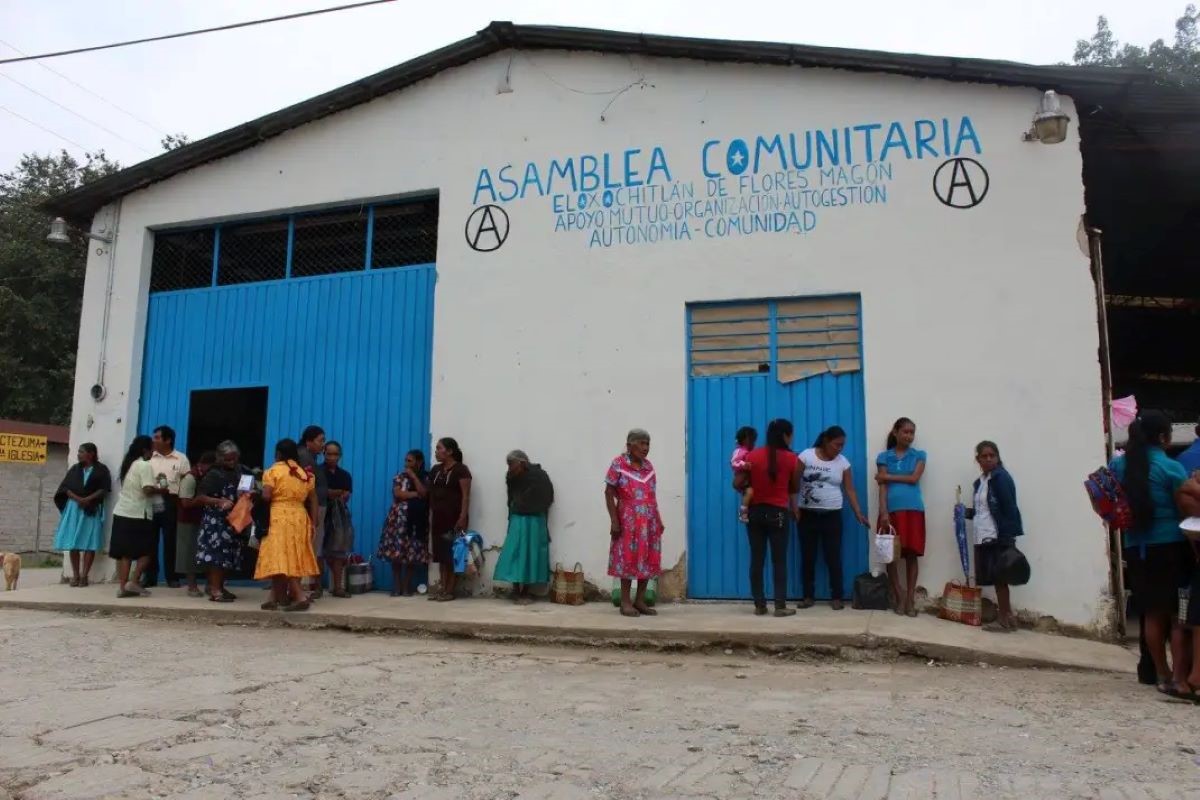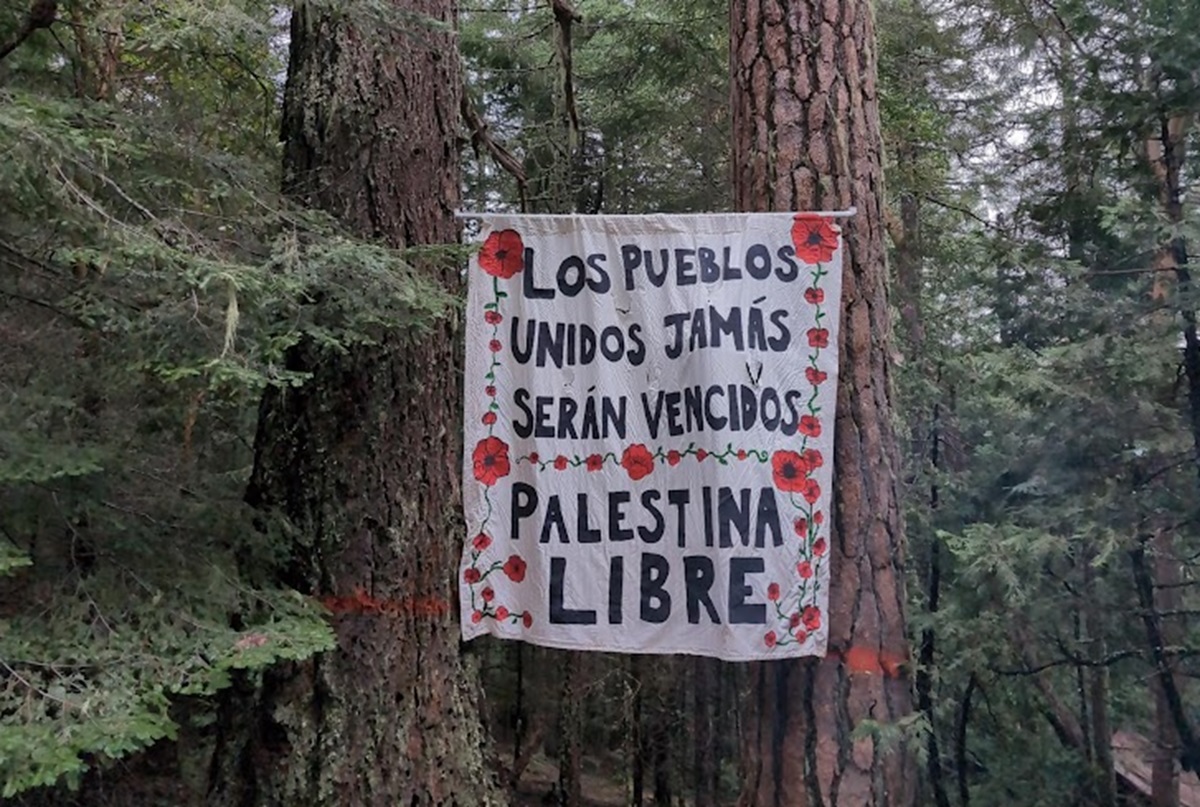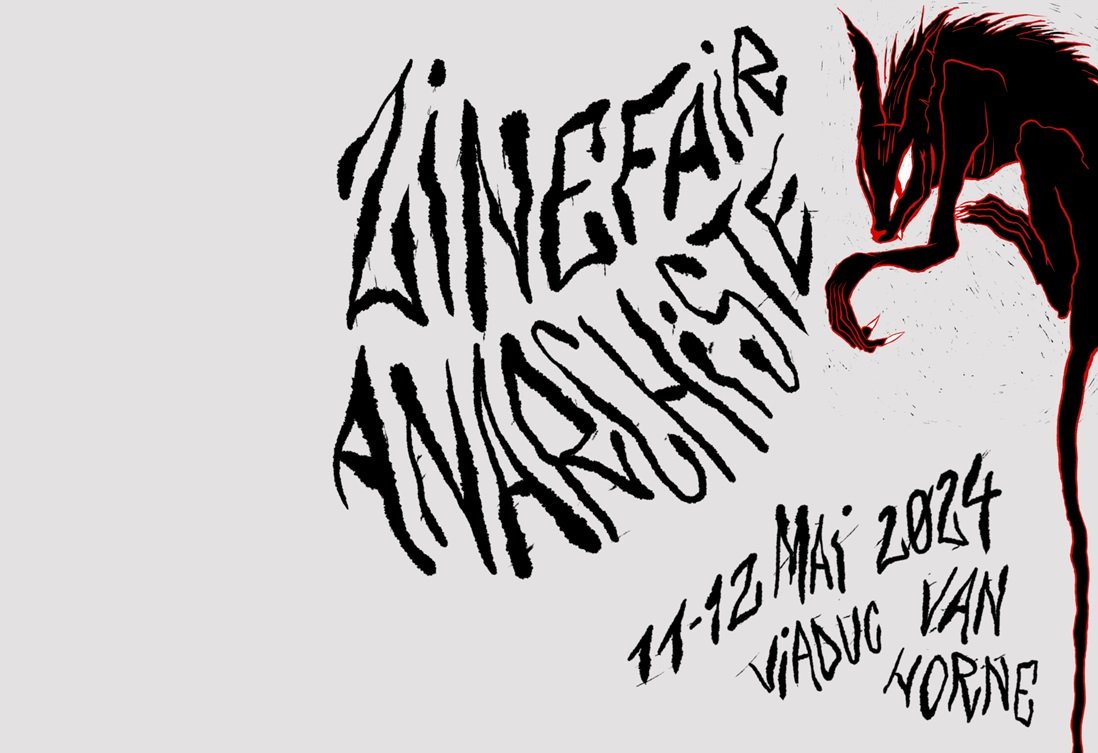Filed under: Critique, Featured, Incarceration, Police, The State, US

The following editorial breaks apart the differences between the neoliberal recuperation of abolitionist politics and what a true embrace of abolition would actual mean. Originally published here.
By Duncan Riley
Ever since the uprising sparked by the murder of George Floyd on the 25th of May by the Minneapolis Police began, two great social forces have been locked in fierce contention over the fate of that city. On the one side are the rebellious masses of black and brown people, youth, and workers, who, after centuries of police brutality, colonialism, and economic inequality, have hurled their rage against the full force of the State. And, on the other side of the barricades, those directing that murderous force, are the ever-so-liberal leaders of that ever-so-liberal city, shocked to discover how deeply despised they truly are. For two weeks now these two sides have battled it out, the former advancing, gradually formulating its vision of a just society, the latter retreating, falling back on ever more brutal modes of repression. But, in the past few days, and particularly after the announcements made by the Minneapolis City Council on the 7th of May, this tense dialectic seems to have collapsed into a synthesis – police abolition. However, strong as this synthesis may seem to be at first glance, it carries within it a myriad of contradictions, contradictions which, given time, cannot fail but to erupt into a new wave of social struggle and combat.
To begin to understand these contradictions, we must first determine where the calls for “police abolition” derive from. Certainly, activist groups in the Twin Cities like Reclaim the Block and Black Visions Collective have been doing important decarceral work for years, no doubt lending great strength to the current push to abolish the Minneapolis Police Department. But, at the same time, it is quite clear that the primary impetus behind this new development is the massive uprising which has shaken Minneapolis, and indeed the whole country, to its core. It is this spontaneous rebellion of the oppressed, and not negotiations with the City Council, which has put the words “police abolition” into the minds of millions of people across the country.
Further, it should be noted that the particular vision of police abolition put forward by the rebellious youth of the Twin Cities is a distinctly uncompromising one. This vision is perhaps best encapsulated by the burning of the Third Precinct, which besides communicating a deep and just anger, stands as a profound symbol of the contempt with which the police, and their whole role in society as the upholders of white supremacy, colonialism, and capitalism, are held. Though these revolutionary crowds have thus far produced no op-eds on police reform with which we might understand their perspectives, they have offered us a far deeper and more telling picture of their desires through their actions. And these actions, as all can see, reject not only the police, but the world that produced them.
On the other hand, the vision of police abolition proposed by the Minneapolis City Council is far more limited in scope. Nine members of the Minneapolis City Council – a veto proof majority – have pledged to dismantle the police department and replace it with a vaguely defined “community-based system of public safety.” City Council President Lisa Bender further stated that “our commitment is to end policing as we know it and to recreate systems of public safety that actually keep us safe.”[1] However, this sudden commitment to community and a new conception of public safety rings somewhat hollow. Only a few weeks ago, this same council overwhelmingly approved a resolution supporting the decision of the Mayor to declare a state of emergency and call on the National Guard and Police to launch tear gas and rubber bullets at the community which they are now so intent on transforming.[2] Considering this, the Council’s vision of community would seem not to include the black and brown people, and particularly the youth, who have put their lives on the line to resist police brutality. A tragic and telling oversight.
That the City Council has transformed itself in a matter of weeks from the repressors of the people to their self-proclaimed saviors should raise further and more challenging questions on what the “police abolition” they propose really signifies. Any concerted effort to analyze exactly what their proposals mean for policing in Minneapolis is frustrated by their aforementioned vagueness. However, if we look at the circumstances that produced the Council’s June 7th declaration, we may be able to begin to unpack their true significance. The murder of George Floyd, and the ensuing wave of civil unrest, has cast the police, and by extension the City Council and even the State itself, into a crisis of legitimacy on a magnitude not seen in this country since the 1960s. The brutal repression which the police and government at all levels have so far used to control this unrest has only served to compound this crisis, as images of horrific police violence are broadcast daily across social media. Indeed, the State’s legitimacy in the eyes of the public has fallen so low that, as one recent poll found, more than half of the country believes that the burning of the Third Precinct was either fully or partially justified.[3] With these conditions in mind, it would seem that the Minneapolis City Council’s move towards “abolition” is an attempt to restore its legitimacy in the eyes of the public by transferring some of the functions of policing into the hands of the (as-yet not clearly defined) “community.”
This is not to say that the members of the City Council are actively attempting to sabotage the movement for police abolition. Most of them no doubt really do have the best intentions at heart and would like to bring about a kinder, gentler system of policing in Minneapolis. But these wishes must ultimately be wrecked against the hard reality of State power and the capitalist economic system. Capitalist property relations, patriarchy, white supremacy, and colonialism produce a vast array of hierarchies and inequalities in society that can only be maintained through violence, whether the direct violence of the police or the structural violence which perforates every institution of our society. To abolish the police without simultaneously abolishing all these hierarchies is, as such, to destroy the hammer without tearing out the nail, allowing for the possibility that some new tool might come along to drive it into place. In this vein, what is perhaps most disturbing about the idea of the State tasking “the community” with a role in policing is that it could very possibly create a situation wherein the violence of policing is diffused across the social body, making it even more omnipresent and pernicious. The great problem then lies less with the specific individuals in power or their intentions, but with the very nature of power itself.
A State-proposed “police abolition” is thus so deeply riven by internal contradictions that its capacity to actually achieve its stated goal is fundamentally compromised. At best, such a project might result in a series of positive reforms that would reduce the capacity of the police to commit direct physical violence and redirect a portion of their funding to progressive social programs. At worst, it could very well lead to the reconstitution of policing, and all of its inherent violence, but with the added legitimacy granted by a new association with “community.” Both of these outcomes fall far short of the vision of abolition which we have seen reflected in the streets of Minneapolis and other cities across the country these past few weeks.
None of what has been written here is meant to argue that the growing social movement for police abolition is a bad thing, or to present this movement in a negative light. Indeed, the very fact that such a liberatory, even anarchistic, demand has spread like wildfire across the country in a matter of weeks is a sign for great hope. Rather, it is meant to caution that if this social movement becomes tangled into a clientelist relationship with local governments, if it allows the State to take the lead in defining “abolition,” than it is bound to end in disappointment. The presently emerging movement was born in a historic revolt of the oppressed, championed by the youth, and it can only hope to be successful if it remains a movement of the oppressed to overturn a fundamentally oppressive social order. As social revolutionaries, it is our task to honor this, to question and draw attention to the contradictions of a State-led “abolition,” and to push the discussion in a more radical direction, highlighting the need to abolish not just the police, but the world that created them. To truly and finally abolish the police we must dedicate ourselves to building a world without borders, prisons, armies, and the hierarchies they maintain, a world without capitalism, white supremacy, and the myriad other oppressions which weigh upon the human condition. A world which can be simply described by a word which has been much maligned of late – anarchy.
References
[1] Oliver Milman, “Minneapolis Pledges to Dismantle Its Police Department – How Will It Work?” (The Guardian, June 8, 2020). https://www.theguardian.com/us-news/2020/jun/08/minneapolis-city-council-police-department-dismantle.
[2] Lisa Bender, “Civil disturbance: State of Local Emergency, Civil disturbance: State of Local Emergency,” (June 6th, 2020) Accessed June 8, 2020. https://lims.minneapolismn.gov/Download/MetaData/17266/2020R-150_Id_17266.pdf.
[3] Matthew Impelli, “54 Percent of Americans Think Burning Down Minneapolis Police Precinct Was Justified After George Floyd’s Death.” (Newsweek, June 3, 2020). https://www.newsweek.com/54-americans-think-burning-down-minneapolis-police-precinct-was-justified-after-george-floyds-1508452.





